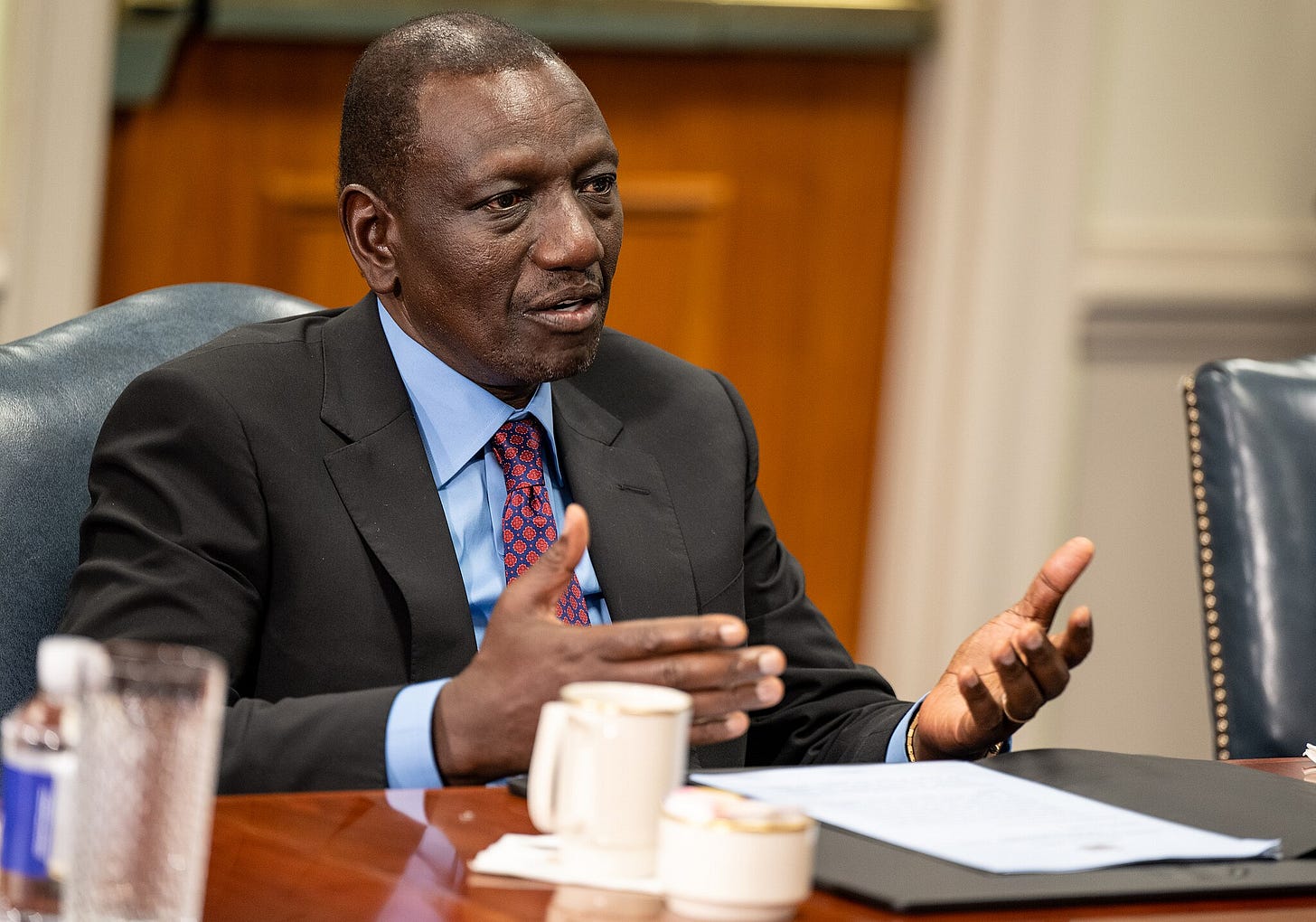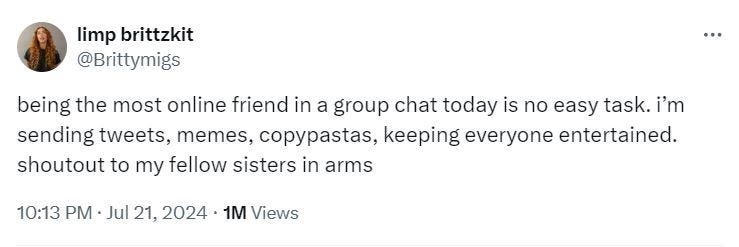Critical State: Being Belgian
If you read one thing … read about what it takes to be Afghan in Belgium.
What does it mean to belong to a place? What does it mean to deserve a chance to stay?
Writing at The Dial, Lisa de Bode reports on Afghan immigrants to Belgium, who, if they are to stay in the country, need to prove they’re too “Westernized” to return to Afghanistan.
As de Bode explains, “After the Taliban staged a coup and took over Afghanistan in August 2021, Belgian authorities, as well as their counterparts in other EU countries, declared that the armed conflict there had ended … This essentially removes Belgium’s obligation to grant asylum based on subsidiary protection — when a person does not qualify as a refugee but there are sufficient grounds to believe they would suffer serious harm if they returned to their country of origin.”
Belgium still does grant refugee status to those who endured targeted violence or persecution, a stipulation meant to let authorities be more selective in asylum admission. This means “a life in limbo” for Afghans in Belgium, many of whom, while waiting for their application to be processed, try to become “Western” enough that they’d be targets of violence were they to return.
If You Read One More Thing: Refugees Welcome?
Notes From Poland covers a controversy involving refugees, pigs, and football.
At a Saturday football (otherwise known as “soccer”) match, supporters of Legia Warsaw held a banner: “The large display sarcastically declared ‘Refugees Welcome’ below an image of two men holding a baseball bat and a hammer alongside a crucifix-wearing woman with a pig’s head on a plate. During the match, Legia fans sang an anti-refugee chant.”
The move drew condemnation from a variety of public figures in Poland: The representative of the UN’s refugee agency in Poland came out criticizing the move, saying that sports should not be used to denigrate refugees. Legia Warsaw tried to distance itself from the move, insisting that the club “does everything through its actions to set a good example based on values such as respect, fair play, and helping those in need.” Warsaw City Hall criticized the banner, and another fan banner from another club, Polonia Warsaw, that declared the stadium a LGBTQ-free zone. The division in which Legia plays said that they would gather evidence and discuss the banner. The city said to be in contact with both clubs and expected a response. Perhaps unsurprisingly, the banners won support from far-right political figures.
Losing the Plot

Keith Ang'ana writes for Africa Is a Country on Kenya’s president, who is losing power — and the plot.
After describing Kenyan politics as “dominated by populism and tribalism,” Ang’ana turns to William Ruto, the country’s president, who entered politics back in 1992. Since then, “Everywhere he goes, he ensures that people have been paid to attend his campaign rallies. This makes us question whether he is merely a narcissist who craves validation from people, or whether he actually knows that he has no supporters, so he must scramble to create an image for himself.”
The government has alleged that current anti-government protests, fueled by grievances over unfulfilled campaign promises, are paid for. But as Ang’ana points out: “If William Ruto thinks the protests are funded, then let him know that he is the funder. Everyone who protests does so because of him. It is he who fuels our urge to go out to the street.” The nation of Kenya no longer wants him, Ang’ana writes. Citizens’ demands are simple, and Ruto can’t be the one to meet them. Ang’ana ends with a call for Ruto to resign: “We deserve better, and you are not part of our plans for a better nation.”
Deep Dive: Sex Talk (in Politics)
If party discipline doesn’t constrain political speech, what determines whether a politician will talk about gender and women? Does it depend on their sex, or on partisanship?
That was the question before Elizabeth McCallion in her Politics and Gender paper, “Partisanship, Independence, and the Constitutive Representation of Women in the Canadian Senate.”
The Canadian Senate was McCallion’s case study because of low (or absent) party discipline. However, McCallion feels that, though this is about Canada, it’s also applicable or worthy of consideration with respect to other similar legislatures.
McCallion “focused on the time periods immediately before and after the Senate reforms: the 41st Parliament (2011–2015) and the 42nd Parliament (2015–2019).” Quantitative content analysis showed some committees clearly speak more about women and gender than others.
Analysis also found that a primary indication of whether a legislator will talk about gender is the legislator’s sex: women senators talked about “gender and sex” 2.5 times more than their male colleagues, and “women” three times more. Men were also twice as likely to talk about “gender and sex” than they were about “women,” whereas for women legislators it was closer to 1.5 times.
This is to say that men were talking about gender, not women; women, on the other hand, were talking about both. And women senators who sit on committees with at least 30% women are more likely (than men and than other women) to talk about women and gender.
Partisanship, on the other hand, had no impact on senators’ inclination to discuss women. This is to say that progressive and conservative senators don’t differ significantly in how much they talk about women.
Conservatives talk about women roughly as much as progressives do. However, McCallion does note that “Although senators’ sex is the primary indicator of their frequency of speech about women, senators’ partisanship and ideologies drive differences in their framing of women.” While the senators “overwhelmingly” talked about women as vulnerable people, conservatives were likelier to talk about women’s vulnerability vis a vis protection from the state (like advocating for criminals to be prosecuted for the good of women’s safety).
Progressives, on the other hand, were more likely to make the case that women were vulnerable to the state, like “certain demographics” of women being criminalized. Also, the people who were most likely to frame women as mothers were right wing women.
But talk, as they say, is cheap, and McCallion suggests that future research could look at words to legislative behavior. In their institutional contexts, are legislators able and empowered to transform their words into something more?
Show Us the Receipts
Alexander Langlois examined the ways in which Israeli settlement expansion threatens US policy interests. Sanctions, Langlois argues, are too little, too late. “Increasingly embedding Israeli citizens in illegal communities across land designated for a future Palestinian state further complicates that state’s realization,” Langlois wrote, and said that it isn’t only in the Middle East that settlements threaten US interests: “Washington cannot hope to achieve its foreign policy goals in Ukraine or the Asia Pacific if most of the world views it as holding double standards by irresponsibly enabling the worst of human brutality — a scenario that unfortunately defines global perceptions of America today.”
Stephen Snyder wrote about student demonstrations in Bangladesh. These protests are against the return of a quota system that would preserve certain jobs for certain types of people. As Snyder explained, “For example, 10% of jobs go to women, 5% to religious and ethnic minorities and 30% to children and grandchildren of people who fought for the country’s independence in 1971. A lot of the protesters are students, presumably headed into the job market.” The protests have so far seen 25 people killed. Snyder’s introduction is followed by an interview Carolyn Beeler conducted with a person who teaches sociology at the University of Dhaka.
Anita Elash looked at a developing trend in Uganda: women driving motorcycle taxis. This is no small thing. As Elash explained, “Boda-bodas are everywhere in Kampala, traveling in swarms and weaving in and out of the city’s notorious traffic jams. Bodas are frequently involved in muggings and purse snatchings. They also have a dismal safety record. At least one person is killed every day in a boda accident in Kampala. One of the largest hospitals in the city, Mulago National Referral Hospital, has a ward devoted to victims of boda accidents.” But driving a boda can be financially productive, too. Women Rising for Africa, established in 2022, “trains women in road safety, self-defense, and financial management and helps them get their driver’s licenses. It also offers loans to women to buy motorcycles. So far, the organization has trained about 80 women and aims to have 250 on the road by the end of 2025.”
Well-Played
Can Wolf have nothing?
Climbing the context.
That was so smart of the Founders, honestly.
Squidlife crisis.
Our burden to bear.
They invented parliament.
Ginned up.
Critical State is written by Emily Tamkin with Inkstick Media.
The World is a weekday public radio show and podcast on global issues, news, and insights from PRX and GBH.
With an online magazine and podcast featuring a diversity of expert voices, Inkstick Media is “foreign policy for the rest of us.”
Critical State is made possible in part by the Carnegie Corporation of New York.






